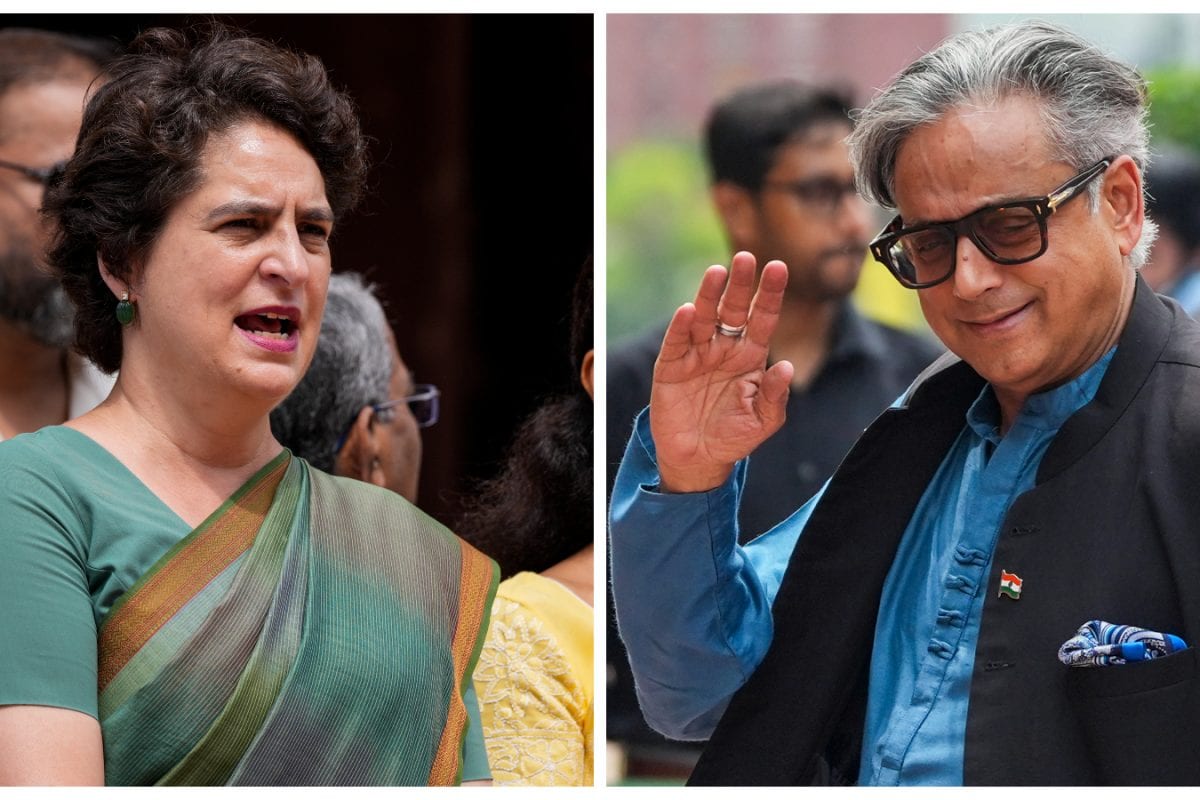

Three bills proposing significant changes to the removal process for high-ranking government officials have sparked a heated debate in India's political arena. Union Home Minister Amit Shah tabled these bills in the Lok Sabha on Wednesday, August 20, 2025. The core proposal stipulates that the Prime Minister, Chief Ministers, and other ministers could be removed from office if they are detained in custody for 30 consecutive days while facing charges punishable by imprisonment of five years or more.
The three bills include the Constitution (One Hundred and Thirtieth Amendment) Bill, 2025, the Government of Union Territories (Amendment) Bill, 2025, and the Jammu and Kashmir Reorganisation (Amendment) Bill, 2,025. The Constitution (130th Amendment) Bill, 2025, seeks to amend Articles 75, 164, and 239AA of the Constitution to create a legal framework for removing the Prime Minister, Union Ministers, Chief Ministers, and Ministers in State and Union Territory councils if they face arrest and custody due to serious criminal allegations. The proposed changes also state that a minister shall be removed from office by the President on the Prime Minister's advice, and if no advice is given within 31 days, the minister will cease to hold office. Similarly, a Prime Minister must resign within 31 days of detention, failing which they will no longer be eligible to hold office. However, these individuals can be re-appointed upon release from custody.
The opposition has strongly criticized these bills, describing them as "draconian" and a "murder of democracy". Critics argue that the legislation could be misused to destabilize opposition-ruled states through arbitrary arrests orchestrated by biased central agencies. Concerns have also been raised regarding the bills potentially undermining the principle of "innocent until proven guilty" and granting excessive power to executive agencies. Congress MP Manish Tewari called the bills "squarely destructive" and warned that they could enable political misuse by state instrumentalities. AICC General Secretary K C Venugopal also voiced strong opposition, stating that the bills could allow the Prime Minister to indirectly remove democratically elected Chief Ministers and ministers, terming it one of the most draconian bills India has ever seen.
However, amidst the widespread opposition, Congress MP Shashi Tharoor has broken ranks with his party and expressed support for the bills, calling the proposal "reasonable". He believes that the bills are sensible and warrant detailed discussion in Parliament. Tharoor's stance differs significantly from other Congress leaders, such as Priyanka Gandhi Vadra, who has criticized the bill as anti-democratic.
The introduction of these bills has led to significant uproar in Parliament, with opposition MPs tearing up copies of the bills in protest. AIMIM President Asaduddin Owaisi claimed that the bills violate the separation of powers and could be used to destabilize governments. Amidst the turmoil, the Lok Sabha speaker adjourned proceedings.
The government has presented the bills as a major reform aimed at curbing the criminalization of politics, while the opposition views them as an attempt to undermine federalism and consolidate power in the hands of the central government. The bills are likely to be sent to a Joint Committee of Lok Sabha and Rajya Sabha for further scrutiny. The debate surrounding these bills highlights the deep political divisions and the ongoing concerns about the balance of power between the central government and the states.